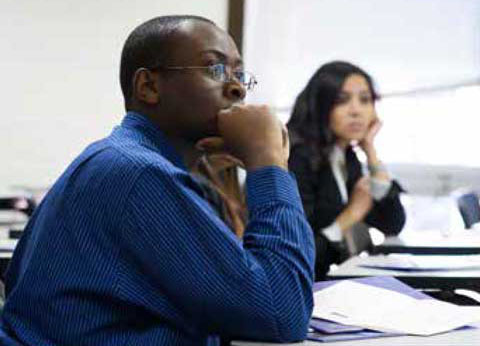The Office of Research Development assists the entire JMU community in finding and applying for grants and other forms of external funding. We provide strategic support at the individual, unit, and program level to members of all university divisions, enabling high-quality innovative projects and research. We work closely with the Office of Sponsored Programs to support PIs throughout the proposal development process.
Find out what the Office of Research Development can do for you!








